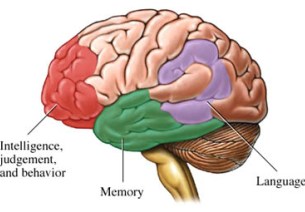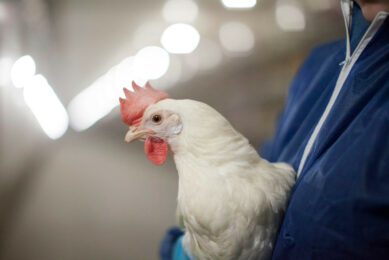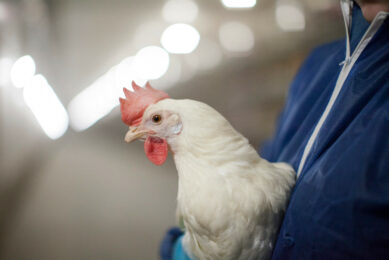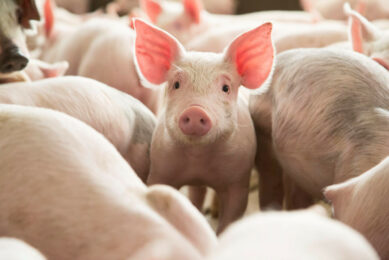Alltech to branch out to human drugs

For 30 years, Alltech has been developing products to improve animals’ health and nutrition, selling them to feed companies around the world. Now the company plans to apply its scientific discoveries to humans as well.
Alltech expects to launch a new company soon, Alltech Life Sciences, that will develop treatments for diseases such as Alzheimer’s, cancer and diabetes, as well as aids for joint and bone health.
Louisville (Kentucky) is one of the cities under consideration for the new company’s headquarters, along with Lexington (Kentucky) and the Cincinnati (Ohio) area, said Aidan Connolly, Alltech vice president of corporate accounts. The new business will initially employ about 100 people.
The Republic of Ireland, where Alltech has its European headquarters, also is interested. The country sent a delegation to Lexington last week to discuss the new venture, Connolly said.
Alltech’s founder and owner, Pearse Lyons, moved to Kentucky from Ireland.
Alzheimer disease
Alltech has the financial and scientific muscle to sustain the new company while it develops its first drug, which will be for Alzheimer’s disease. The drug will be based on Alltech research that was confirmed by University of Kentucky researchers in a study published last year.
The company expects it will take about $100 million to get the life-sciences venture up and running. Connolly said that will come either from investors, from Alltech funds, or both.
Either way, Alltech will be the majority owner and the company hopes to launch within three months, he said.
Animal research to help human health
Its second drug is expected to be a treatment for Type 2 diabetes, said Ronan Power, Alltech director of research.
Power, a former cancer researcher, said some drugs the new company plans to develop will be based on Alltech’s research into animal nutrition, while others will not.
He said it surprises some people to hear that Alltech’s discoveries about animal health could be applicable to humans.
But Power said it shouldn’t be surprising, because the same gene families and biochemical pathways are involved in animal and human disease processes.
Free radicals
Much of Alltech’s research has aimed at reducing the damage from free radicals produced as part of cells’ normal metabolism. The resulting DNA damage has been implicated in Alzheimer’s disease and cancer produced by cells’ normal metabolism.
So Alltech discoveries of antioxidants that fight free radicals in animals could be relevant to those human diseases, Power said.
“Seventy-five or 80 percent of what we see in animals can be directly transferred to our own health,” he said.
Regarding Alzheimer Power said that Alltech’s eventual Alzheimer’s drug would not undo damage the disease has already done, but would aim to slow its development.
If it wins approval for human use, Power said, he thinks the drug could be given to people in the earliest stages of the disease or who, for hereditary or other reasons, are at risk of developing Alzheimer’s.
Any human use would require Food and Drug Administration approval and human clinical trials, which could take several years. Power said Alltech hopes to begin a clinical trial in several months.











